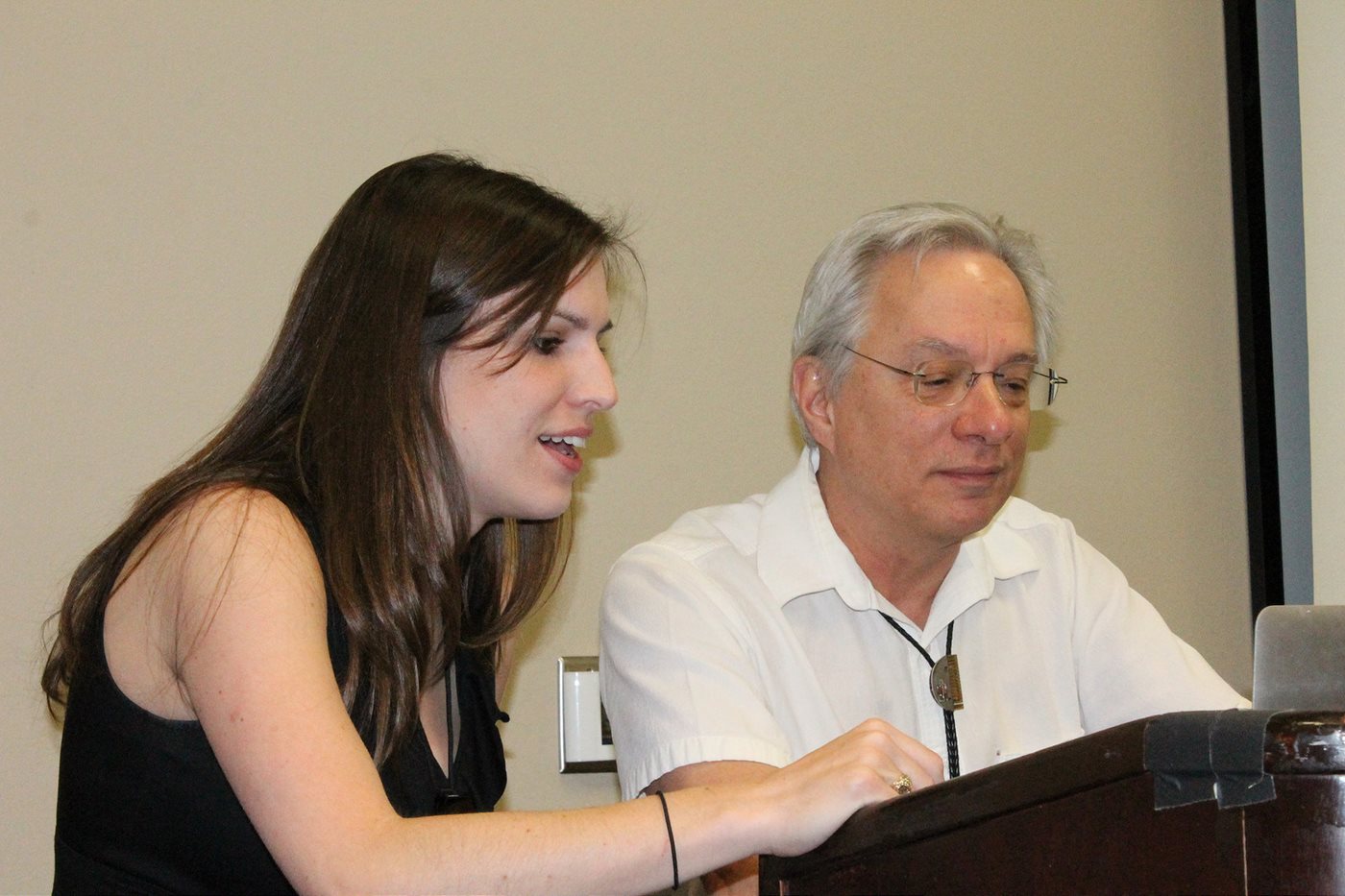February 2017

Initial Years 1-3.5
I highly recommend to be involved beyond simply your graduate research studies. It can be as “involved” as you would like. I am going to go through a lengthy list of what I have found could be useful to boost your academic CV. Hopefully you can take a few options into consideration and begin adding them to your planner.
- Major or department specific graduate student organization
- If there are no major specific student organizations, start one!
- Get involved in seminar series (e.g. request speaker, planning; implementing; creating schedule)
- Be a part of any department committee’s that have a graduate student on panel
- Get involved with outside campus wide organizations ( e.g. Graduate and Professional Student Council (GPSC) or Aggie Graduate and Professional Community Club (AGPCC))
- Get involved with interest-specific organizations ( e.g. baking club, intramurals, art club)
- Don’t just be a “member” of an organization, step up in a leadership position
- Start an organization that you’re passionate in (e.g. family, art, theatre, research etc.)
- Attend professional development seminars (record them ALL on your CV)
- Get involved in GRAD Aggies (professional development)
- Plan a major specific research symposium for graduate/undergraduate research
- Be a mentor for undergraduate or new graduate students
- Seek advice from people already in your future position, learn from them
- Work with the career center on improving your CV, research statement, proposals etc.
- Write a teaching philosophy and work with a faculty member to perfect it (this came very handy when I was applying for jobs because I already had it done)
- Write manuscripts (opinion, viewpoints, perspectives, reviews, book chapters etc.)
- Present your research (local community, state conference, national conference)
- Attend workshops, especially if there are “certificates” because you can add that to your CV
- Work part-time or as a contractor in an area in your field
- Seek collaborations with other labs, departments, advisors doing similar research (you’ll likely get your name on more manuscripts and abstract submissions)
- Try to learn how to say “yes”, there will be a time in your career that you have to learn to say “no”, your graduate career is not that time
- Apply for awards, even if there is no monetary prize or plaque
- Ask professors in your committee or discipline to request to be a guest lecturer in their undergraduate courses, this gives you practical teaching experience
- For those with an MS, look into working as part-time instructor at Blinn Community College (I personally think this set my application above others in the process)
This article is simply to put these ideas in your mind, if you’re interested in a future in academia. Although, many of these options would be great to add to your CV even if you go into industry or another profession. This is not an extensive list, depending on your discipline there may be other options to get involved and make your imprint.
Kristen Hicks MS, RD, LD, PhD Candidate | Nutrition and Food Science
Kristen Hicks is a PhD Candidate and Registered Dietitian in BCS who aspires to improve the health of all Americans.